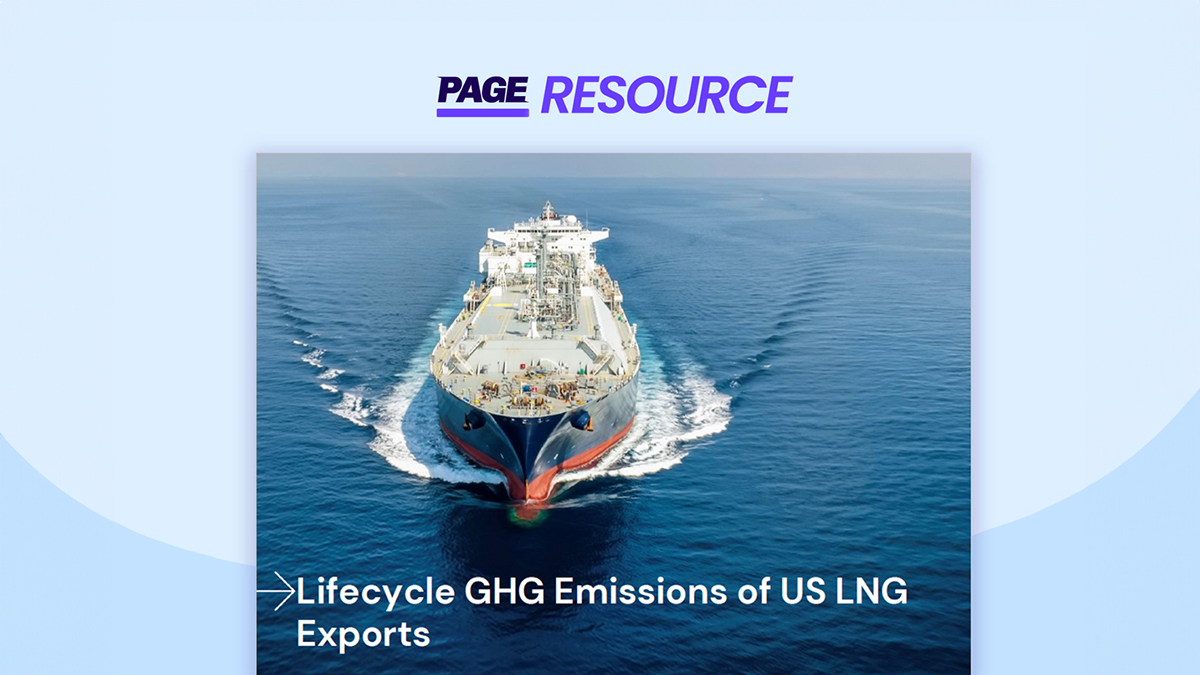
Stay informed with PAGE exclusive content.




This CERRE study highlights the importance of flexible LNG supplies in stabilizing energy prices and ensuring energy security during the transition to a low-carbon energy system.

Concepts, Methodologies, Data and Results – The study analyzes the lifecycle greenhouse gas emissions of U.S. LNG exports, concluding that they result in significantly lower emissions compared to coal and fuel oil.

A significant majority of voters, across party lines, support increasing natural gas production as part of a steady transition to clean energy.

Studies show that replacing foreign coal with U.S. LNG exports significantly reduces lifecycle greenhouse gas emissions.

Permitting reform can unlock the potential of U.S. LNG to achieve our collective energy and climate goals.